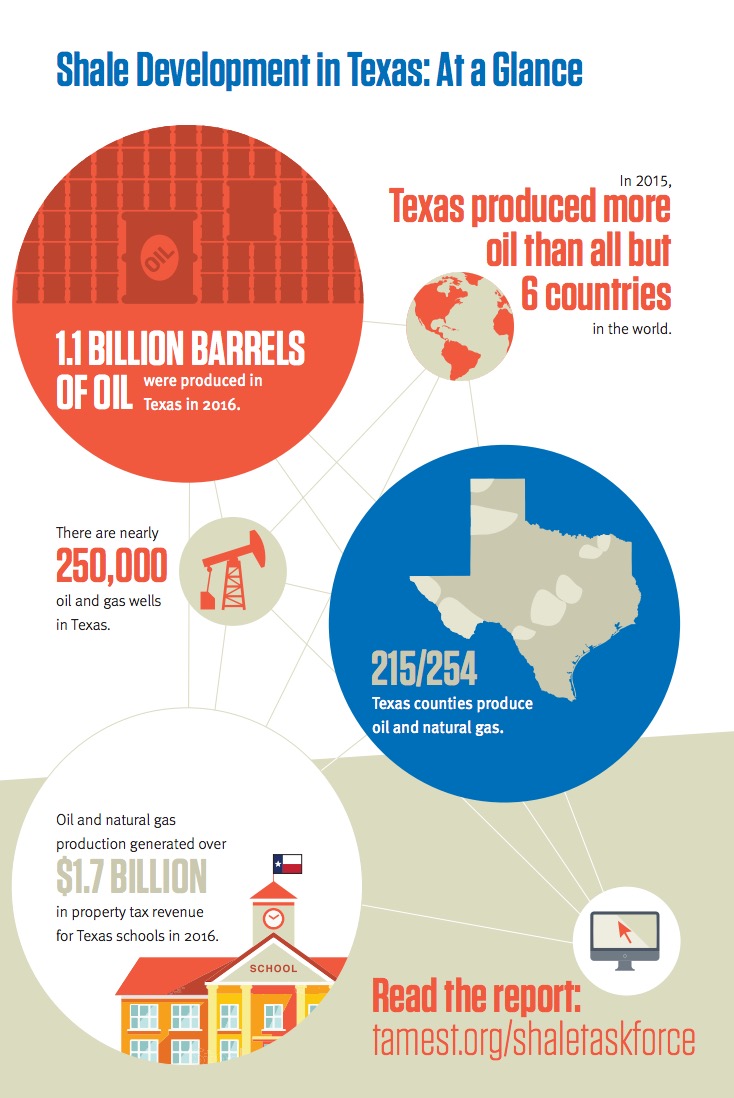
The Academy of Medicine, Engineering and Science of Texas (TAMEST) convened a task force to prepare this report on the Texas shale development experience. This report covers the underlying science for six topic areas as it pertains to shale exploration and production activities: 1) geology and earthquake activity; 2) land resources; 3) air quality; 4) water quantity and quality; 5) transportation; and 6) economic and social impacts.
View this complete post...











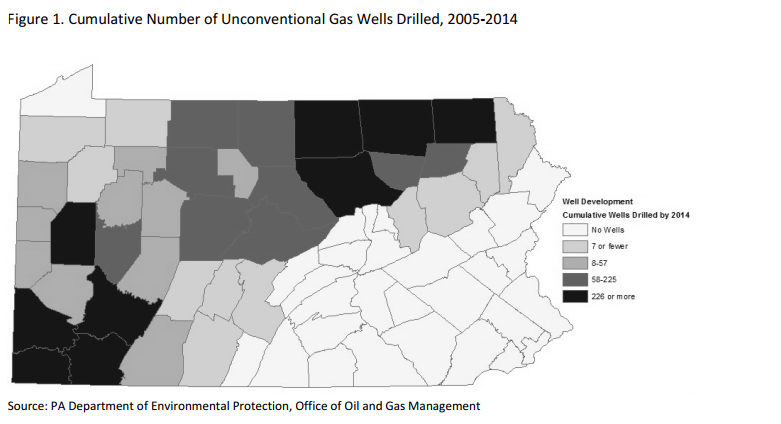
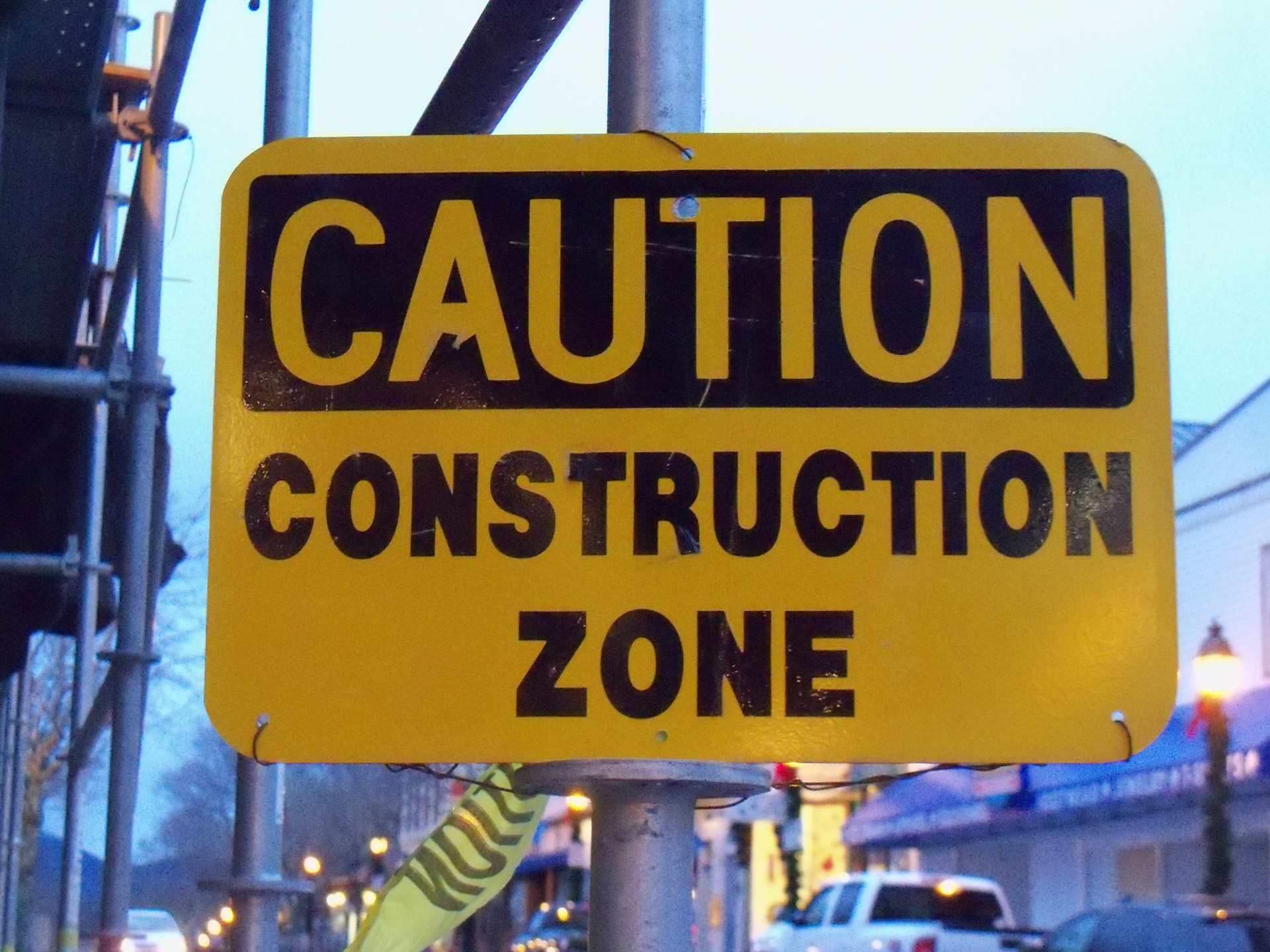

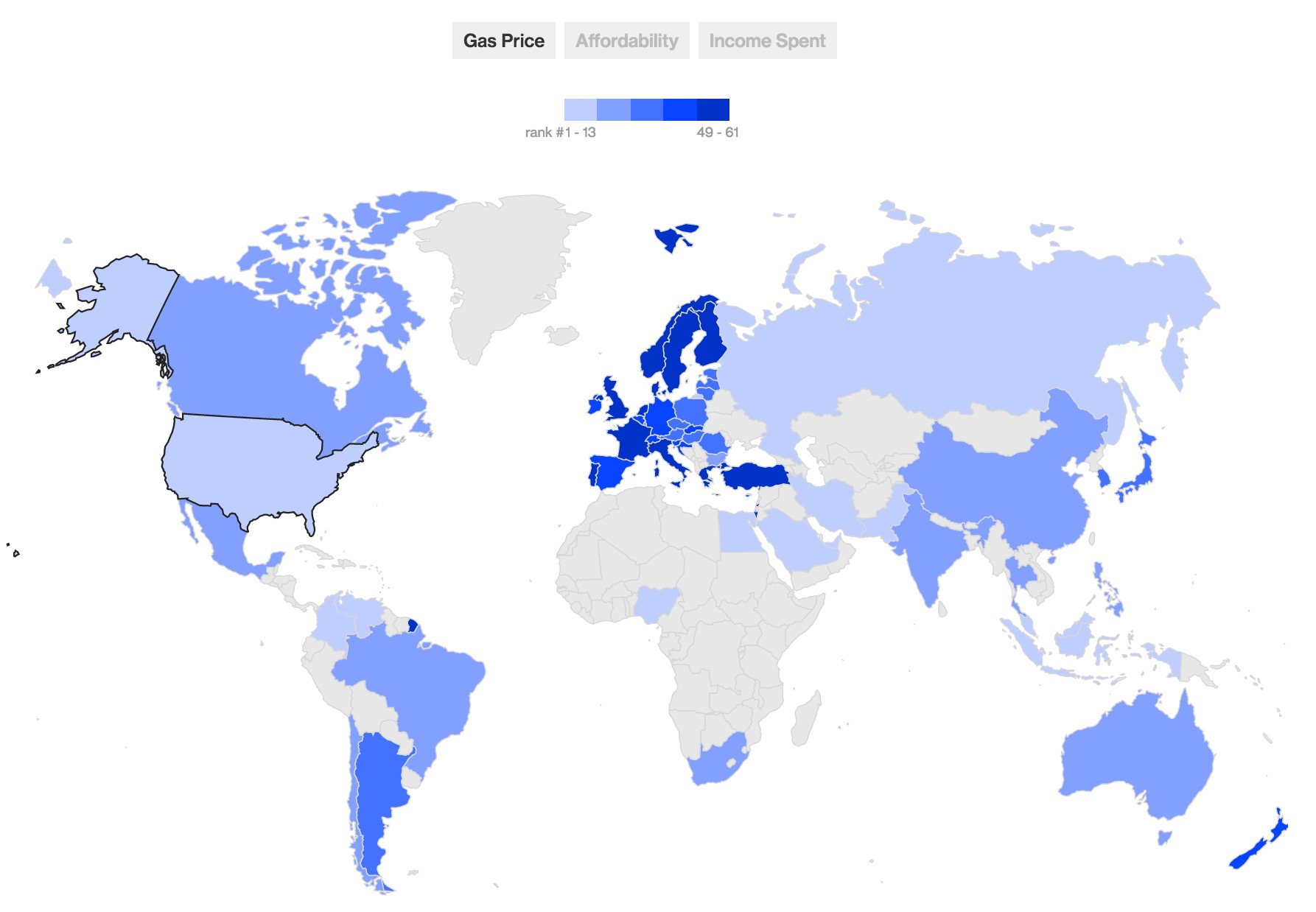

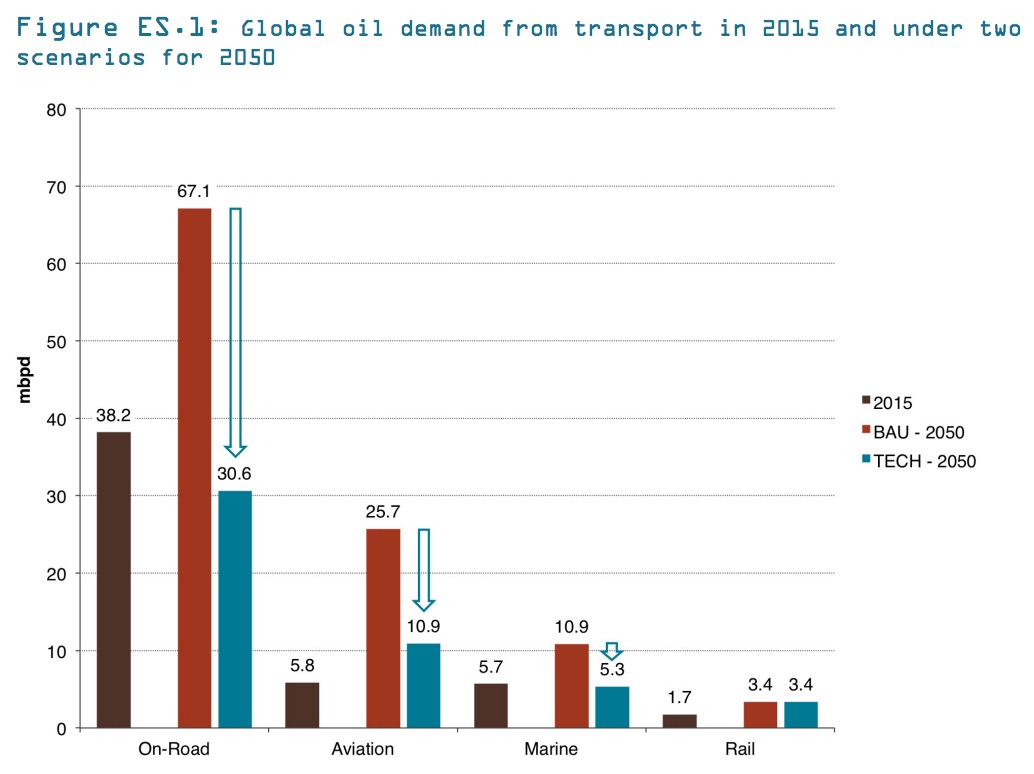
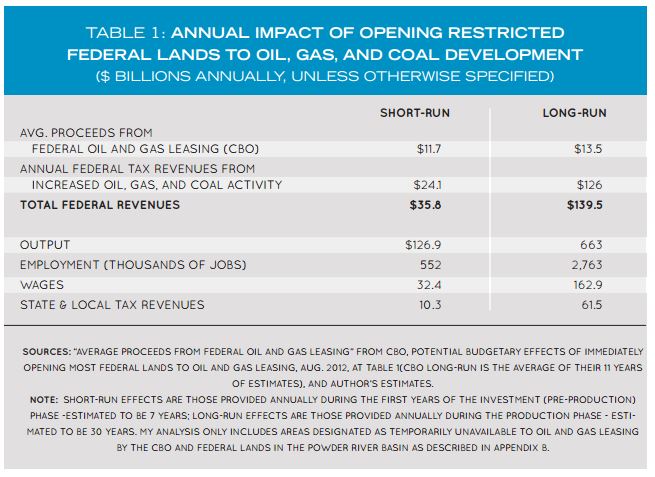
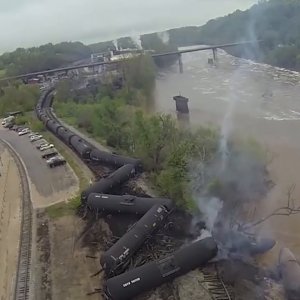
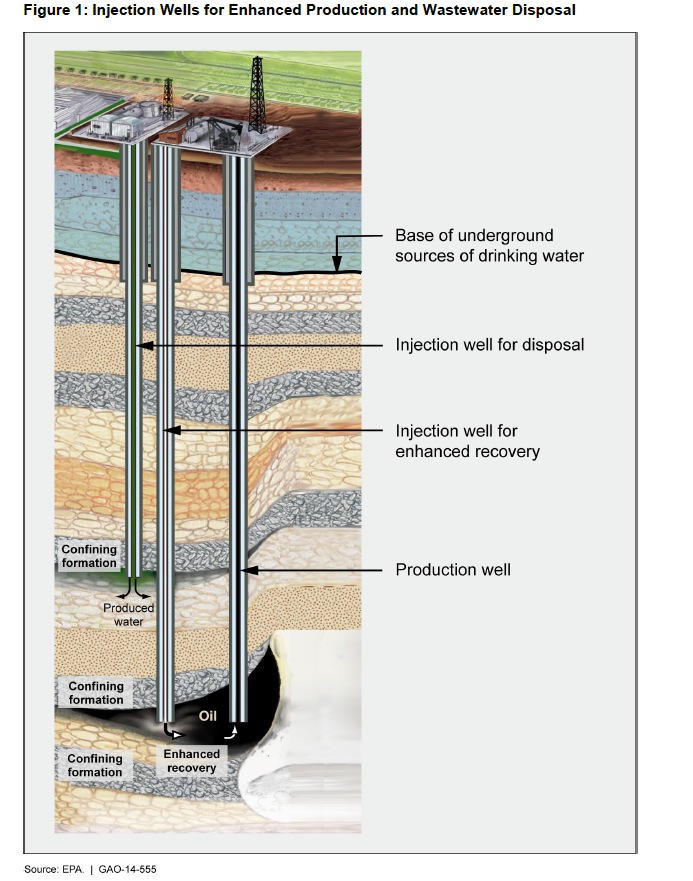

 RSS Feed
RSS Feed